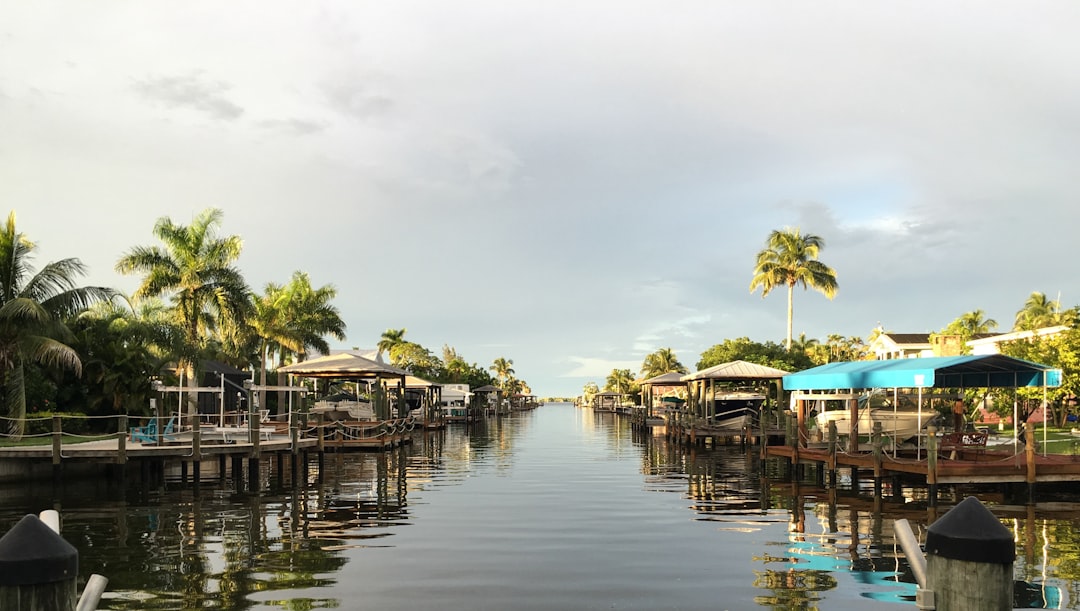Clergy abuse in Florida is a complex issue requiring specialized legal expertise. A clergy abuse lawyer in Florida plays a vital role in empowering victims and ensuring justice by navigating state laws related to sexual misconduct within religious institutions. These lawyers assist with evidence collection, witness interviews, and case documentation, while also providing crucial support and guidance throughout the legal process. Understanding Florida's statutes of limitations is essential for timely filing. Survivors can access support from organizations partnering with clergy abuse lawyers in Florida, offering counseling, legal aid, and advocacy to help them heal and take action against abusers.
In Florida, the issue of clergy abuse has gained significant attention, prompting victims to seek justice. Understanding the nuances of clergy abuse is crucial in navigating legal rights and strategies. This article delves into the role of a specialized clergy abuse lawyer, offering insights on holding offenders accountable. We explore evidence collection, Florida’s legal system procedures, and available resources for survivors. By recognizing red flags and employing effective case strategies, victims can find support and ensure justice in their pursuit against abusers. Discover how a clergy abuse lawyer in Florida can guide you through this challenging process.
Understanding Clergy Abuse: Recognizing Red Flags and Legal Rights in Florida

Clergy abuse is a sensitive and complex issue that requires careful understanding and navigation within the legal system. In Florida, recognizing red flags and knowing one’s legal rights are crucial steps for victims seeking justice. This involves identifying behavioral patterns often associated with abusers, such as manipulation, control, and emotional coercion, which may be disguised as spiritual guidance. A victim might experience a range of emotions, from fear and shame to confusion and isolation, making it imperative to look out for warning signs.
Florida clergy abuse lawyers play a vital role in empowering individuals who have suffered at the hands of religious figures. They assist clients in understanding their legal options, which may include civil lawsuits for damages or reporting the abuse to relevant authorities. These professionals help navigate the unique challenges of such cases, ensuring victims receive the support and justice they deserve.
The Role of a Clergy Assault Attorney: Strategies for Holding Offenders Accountable

In cases of clergy abuse, a specialized lawyer plays a pivotal role in holding perpetrators accountable and providing justice for victims. A Florida clergy assault attorney is equipped to navigate complex legal issues surrounding sexual misconduct within religious institutions. They possess an in-depth understanding of state laws related to such crimes and have experience dealing with sensitive matters involving faith communities.
These attorneys employ various strategies to ensure a robust legal defense. This may include gathering and preserving evidence, interviewing witnesses, and constructing a compelling narrative that highlights the offender’s actions and their impact on the victim. They also work closely with victims to offer support and guide them through the legal process, ensuring their rights are protected throughout.
Building a Solid Case: Evidence Collection and Documentation for Clergy Abuse Cases

Building a solid case in clergy abuse cases requires meticulous evidence collection and thorough documentation. As a Florida clergy abuse lawyer, one of the primary steps is to gather all relevant information from the client, including detailed accounts of the incidents, dates, locations, and any witnesses present. This initial phase involves careful listening and questioning to ensure every aspect of the abuse is captured.
Documentation plays a crucial role in strengthening the case. Keeping detailed records of conversations with the client, medical reports, therapy notes, and any communications with the accused or their representatives can serve as substantial evidence. Additionally, collecting supporting documents like church records, financial statements, and other pertinent papers can provide context and help establish patterns of behavior. Effective documentation ensures that the case is well-organized and presents a compelling narrative when presenting it in court.
Navigating Florida's Legal System: Laws and Procedures for Clergy Abuse Victims

Navigating Florida’s legal system can be a complex task, especially for victims of clergy abuse who may feel vulnerable and uncertain about their rights. If you’re considering legal action against a Florida clergy member or organization for abuse or misconduct, understanding the state’s laws and procedures is crucial. A skilled clergy abuse lawyer in Florida will guide you through this process, ensuring your rights are protected.
Florida has specific statutes and regulations regarding clergy conduct and the handling of complaints. These laws aim to provide a safe environment for congregants while also offering a framework for addressing potential abuses. When filing a lawsuit or making a formal complaint, victims should be aware of time limits for filing (statutes of limitations), which vary depending on the type of abuse and the jurisdiction. A lawyer specialized in clergy abuse cases will help navigate these legal intricacies, ensuring your case is handled with care and efficiency.
Supporting Survivors: Resources and Support Systems for Those Affected by Clergy Abuse

When a survivor steps forward with allegations of clergy abuse, it’s crucial they feel supported throughout the legal process. Many organizations and resources exist in Florida to aid victims of such traumatic experiences. These support systems play a vital role in empowering survivors to take legal action against their abusers.
Clergy abuse lawyers in Florida often collaborate with local and state organizations dedicated to helping survivors. These partnerships ensure that individuals who have suffered at the hands of religious leaders have access to counseling, legal aid, and advocacy groups. Such resources can help survivors navigate not only the legal complexities but also the emotional and psychological challenges that often accompany these cases.





